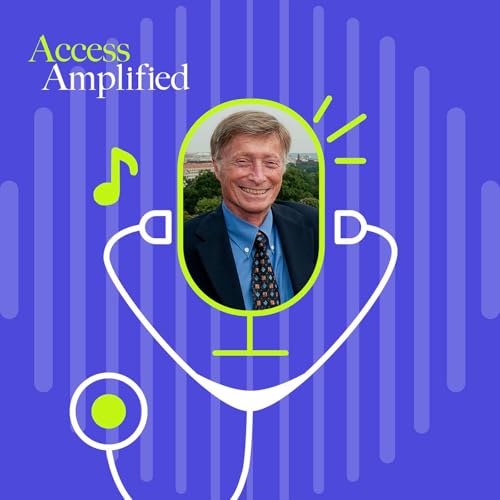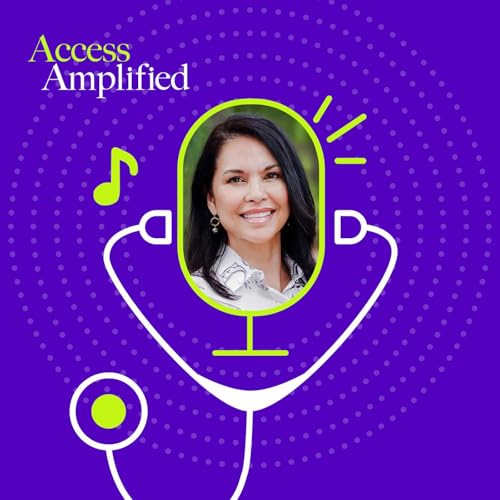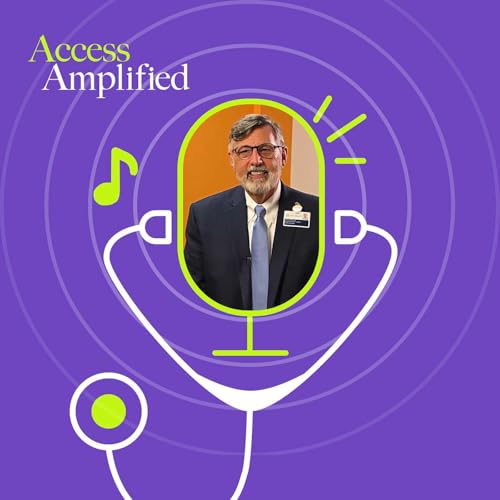Dr. Jay Sanders has been called the “father of telemedicine,” but in this episode, he’s far more focused on the future than the past. As the architect of the first statewide telemedicine system and founding president of the American Telemedicine Association, Dr. Sanders has spent five decades advocating for a model of care that meets patients where they are, both physically and technologically. In this deep and wide-ranging conversation, he shares what the industry still hasn’t learned from its earliest telehealth successes, why the patient’s home is still the best exam room, and how AI is reshaping the future of care delivery.
Dr. Sanders began working in telemedicine in the late 1960s, helping establish one of the first TV-based medical systems in Boston. He went on to design Georgia’s first statewide telemedicine system in the 1990s and played a key role in founding the American Telemedicine Association (ATA). But for all his groundbreaking achievements, he believes the real revolution is still to come.
He shared powerful examples from early telehealth pilots, like installing coaxial-powered party-line connections in rural Georgia homes to track high-risk patients post-discharge. These efforts, though limited by technology, revealed fundamental truths: the best exam room is the patient’s home, and context matters more than clinical protocol.
Dr. Sanders pushed the ATA forward, but acknowledges it took a pandemic to unlock widespread telemedicine adoption. He calls on the industry to move beyond convenience toward equity, and to reimagine insurance models that reward prevention instead of just treatment.
From autonomous medical robots on Mars to AI-powered diagnostic tools in our homes, Dr. Sanders urges a shift to anticipatory, precision-driven care. He sees a future where AI interprets symptoms, wearable sensors detect early changes, and clinicians act as partners in a system built around individual needs. His message is urgent but optimistic: the technology is here, it’s the mindset that must catch up.
Meet Dr. Jay Sanders
Jay H. Sanders, M.D., is the CEO of The Global Telemedicine Group, Professor of Medicine (Adjunct) at Johns Hopkins School of Medicine, the Founding Board Member, President Emeritus and Fellow of the American Telemedicine Association and he chaired the Scientific, Military and Medical Advisory Board of the National Science Foundation/NC State University ASSIST Nano-systems Sensor Center.
Known to many as the "Father of Telemedicine", he was responsible for developing the first Statewide telemedicine system, the first Correctional telemedicine program, the first Tele-homecare technology, called "The Electronic House Call", and the first Telemedicine kiosk.
His consulting activities have included NASA, DOD, HHS, the VA, the FCC, State Governments, the Southern Governors Association, the MIT Media Lab, WHO, academic institutions, investment firms, Fortune 500 companies, and International Governments. In 1994, he introduced telemedicine’s capability to the Assistant Secretary of Defense that culminated in the initiation of the use of this technology within DOD. He was subsequently asked to serve as the sole civilian representative on the DOD Telemedicine Board of Directors with the Surgeon Generals of the Army, Navy and Air Force. During the Clinton Administration he represented the USA to the G8 nations for telemedicine, and was appointed by former HHS Secretary Leavitt, to the Chronic Care Workgroup.
 29 分
29 分 33 分
33 分 39 分
39 分 25 分
25 分 31 分
31 分 32 分
32 分 29 分
29 分 2025/07/2228 分
2025/07/2228 分
